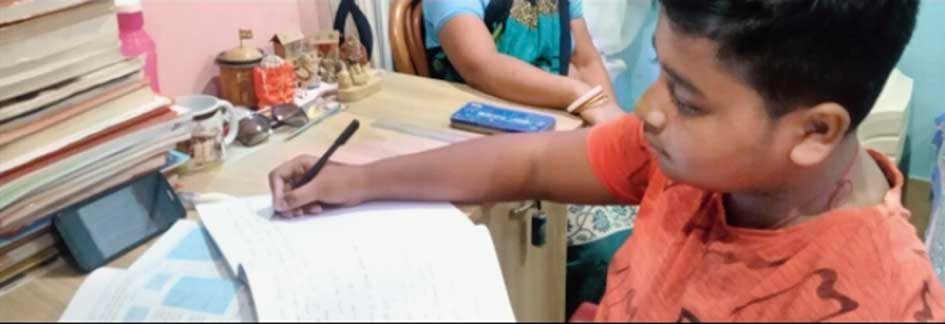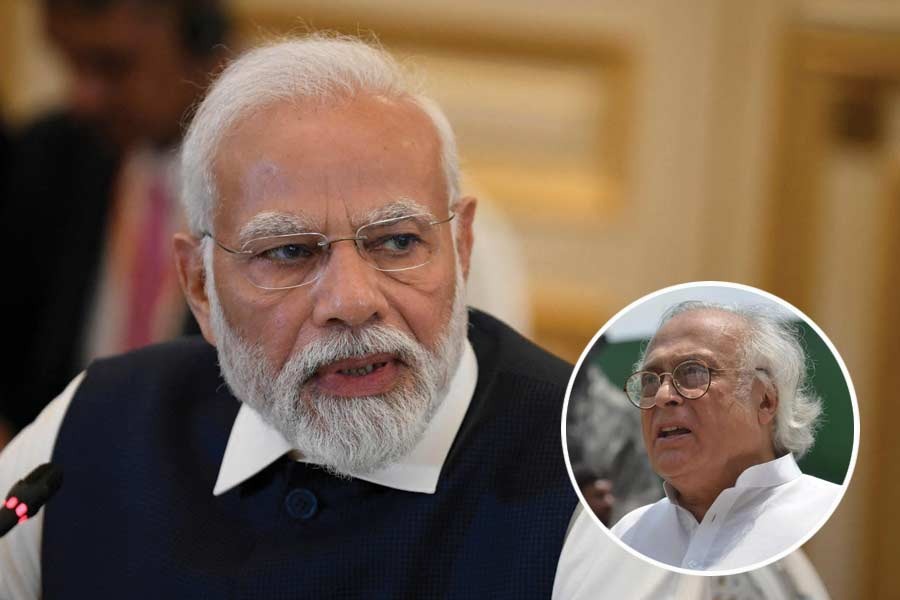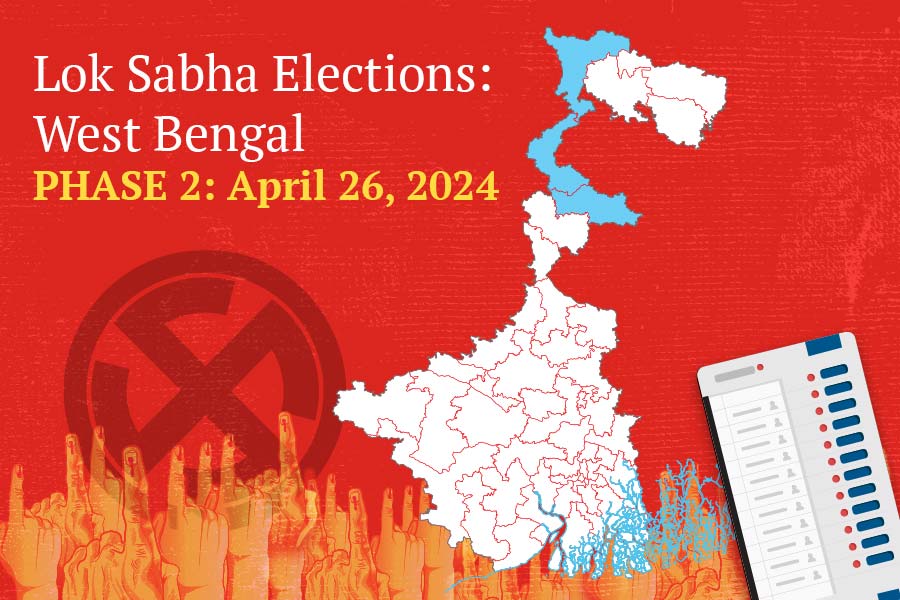Teachers are worried whether online classes are serving a purpose or only keeping children occupied for a portion of what would have been a school day had it not been for the lockdown,
Several schools are mulling ways to make up for the loss of working days on reopening, be it extended hours, truncated holidays or remedial classes.
Holding the students’ attention during a virtual class is tough and many teachers, taking online classes for the first time, are not sure about the pace at which the classes should proceed, some parents said.
“My daughter found an online class uninteresting because the teacher was simply reading from the text, assuming the student did not have the book,” said a mother.
Several teachers are unsure if the students are actually learning. “When a teacher addresses a class, she can gauge who is with her and following the lesson. In an online class, chapters are being completed but we are not sure how much learning is happening,” said Sharmila Bose, the principal of Sushila Birla Girls’ School.
Educational consultants, who guide students applying to foreign universities, said there is a difference in the format of an online class and a physical one and it is not necessarily a teacher addressing a class on the screen.
“Usually, there is a pre- recorded class that students attend. They are given reading material that they have to read before or after the class or both. There is a discussion platform where students can post questions and the teacher generates a discussion,” said educational consultant Nirmal Agarwal.
In online classes being conducted by schoolteachers, questions are usually reserved for the end of the class and in many cases do not get answered even if a child has a doubt.
In fact, to cut off unnecessary noise, students are asked to keep their microphones on mute.
“The online classes have been successful in keeping the children occupied but whether the students are following the classes is debatable. There is no way to assess that till school resumes,” Rita Chatterjee, the principal of Apeejay Schools, said.
With most students yet to get textbooks for the new class, most of the teaching is worksheet-based.
For example, in a maths class in school, a teacher goes through a sum four or five times over. But this is not possible online because time is a constraint.
“It’s usually a 40-minute class and about 10 minutes is spent in all the students logging in and another 10 minutes in the teacher introducing the lesson. We could do two sums only,” a Class XI student said.
She compared the school maths class with the SAT (a standardised test that students in Classes XI and XII take to apply to universities in the US) class, where 12 students did 20 sums in two hours. “We were sent PDF files of the sums and we solved them online, after which the teacher solved the sums and explained to us,” she said.
Teachers are aware of the limitations of online classes but are trying to cope. “In a classroom, there is a discussion and exchange of ideas but that is not always possible in an online class,” said Amita Prasad, the director of Indus Valley World School.
Schools like Apeejay are particularly worried about average or below average students and plan to take remedial classes for them.
“We will have to keep some classes for a recap when schools reopen,” said Aruna Gomes, the principal of Loreto House.
St James' School is thinking of extending the working day by half an hour and also working on Saturdays. “These are extraordinary situations and parents will expect teachers to respond accordingly,” said Terence Ireland, principal of St James’.










